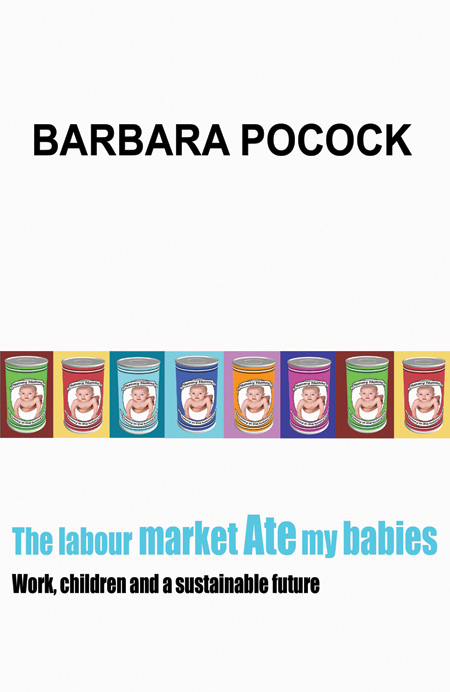Product Description
Listed in top 50 Management Books for 2006 in the Australian Financial Review BOSS magazine, January 2007, Volume 8.
In The Labour Market Ate My Babies Barbara Pocock, acclaimed author of The Work/Life Collision, examines the impact of modern working life on our children.
In this book, young Australians from all over the country, city and the bush, rich and poor, talk about the good and bad of parental work – the trade off between money and time, consumer riches versus time for each other.
Pocock argues that the modern labour market is having a huge impact on today’s youth and eating into our capacity to care. Children have become a ‘market’. Caring for kids and selling to kids is big business, as stressed, time-poor parents struggle to care for their children and salve their guilt with presents and pocket money.
How will this future generation of workers weigh up the labour market and organise their lives? The Labour Market Ate My Babies argues that a sustainable future requires new policy approaches to work that incorporate the perspectives of children. We should:
ensure that parents get the time they need away from work when they need it
help parents get a good fit between how they want to work, and how they have to
provide quality, low cost, public childcare options
stop advertising to kids in ways that stimulate an early work/spend cycle.
It’s good to get money coming in and probably it’s good to work as hard as you can when you’re younger so when you’re older you can retire with some money. But there should probably be a limit to how much before your relationships with other people start to strain because you are never there (Adam, 16)


